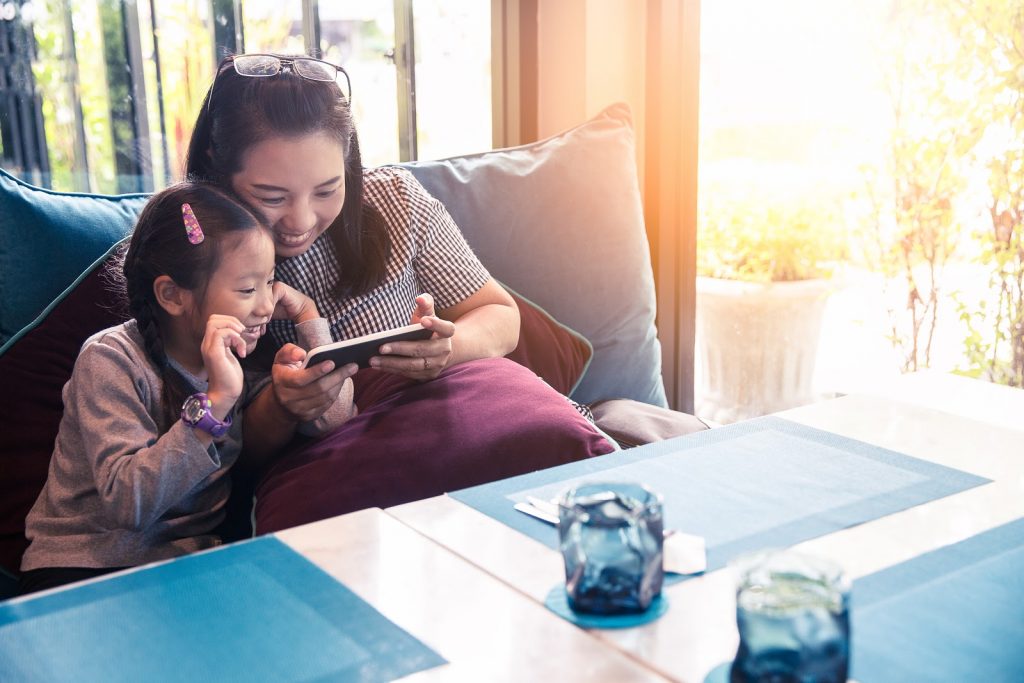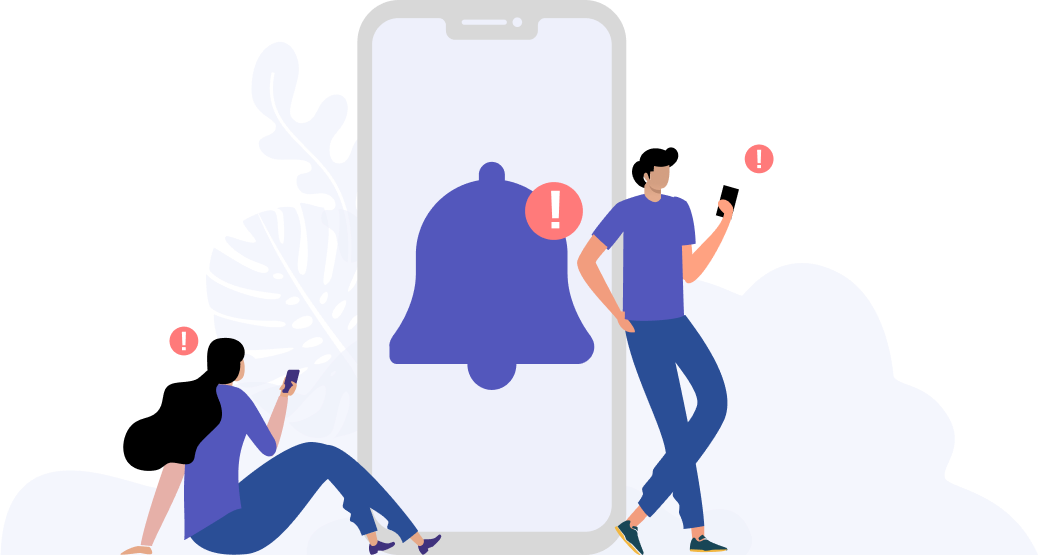How to cultivate healthy smart device behaviour in your children

In this digital age, children explore smart devices right from a young age. For better or worse, smartphones and tablets are becoming more ubiquitous as tools to keep kids engaged during their free time. Letting your child have a smartphone is a great step forward in keeping them updated on the affairs of the modern world. However, it is important to teach your kids proper smart device use, as they may stumble on something potentially dangerous on the internet. Here are some tips to help your kids develop good practices with smart devices.
Set a good example

One of the best ways to develop good smart device habits for children is by being a good role model yourself. Your child learns by watching; so it is important for you to follow the practices you wish your child to adopt. Here’s a quick list of things you should be mindful of:
1) Always remember to keep your smartphone away during conversations or other social interactions.
2) Avoid using smart devices when you are behind the wheel. Stop your vehicle if you have to go through maps or have to browse information online.
3) Always be polite while using your smartphone in public. Avoid loud ringtones or music when people are around.
Give clear instructions for device use
As a parent, it is important to set clear rules on how your kids can use their smart device. You can start by setting aside fixed hours for smartphone use and for them to surrender their smart devices at night. This way, they can get adequate and uninterrupted sleep.
Most of the so-called “free” apps/games that kids download usually have in-app purchases. If your app store is linked to your credit card, your child can possibly make unwanted purchases in a few clicks of a button. So, do not allow your kid to download any game or app without your permission. Here are the 3 simple rules to set;
Set aside fixed hours for smartphone use
Surrender smart devices 2 hours before bedtime
Seek permission before downloading apps
Keep track of online activity

Always check what your children downloads and uses online after you give them a smartphone. Social media can have dire consequences on kids if they don’t know how to use it responsibly. So, don’t allow social media access to your kids until they have reached a certain stage of maturity. When the time does come to allow social media access, make sure you have control over the password to keep track of who is sharing content with whom.
Educate about age-inappropriate content
When your children are old enough to use smart devices, you should a discussion on age-inappropriate content, including safe browsing, online etiquette, and more. Today, parents around the globe are constantly facing the menace of inappropriate content like gore, pornography, and sexual predators. Educate your child on how to react responsibly when they receive inappropriate messages. Let your child know the legal consequences of sharing or forwarding inappropriate content with others.
Protect them from cyberbullying

With round-the-clock availability of smartphone access, it is now tougher than ever for kids to avoid cyberbullies on social media platforms. Guide your children on the signs of cyberbullying and what they should do if they become victims of online bullying. Make sure you know the passwords of various social media apps your kid is using. Keep track of the people who are messaging your child and the nature of the content they are sharing.
A smart device is a marvel of today’s world, but its use is not without risk. While it is certainly not possible to keep children away from all their beloved gadgets, it is every parent’s responsibility to make sure the safe use of smart devices. Having to supervise 24/7 however, is pretty difficult. This is where parental control applications come in. Look out for ones that empower and cultivate healthy device use, over one that is about total control and governance.
Tools Designed for Healthier Eyes
Explore our specifically designed products and services backed by eye health professionals to help keep your children safe online and their eyes healthy.





